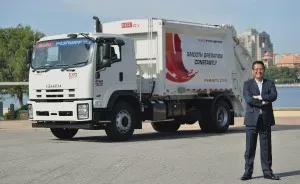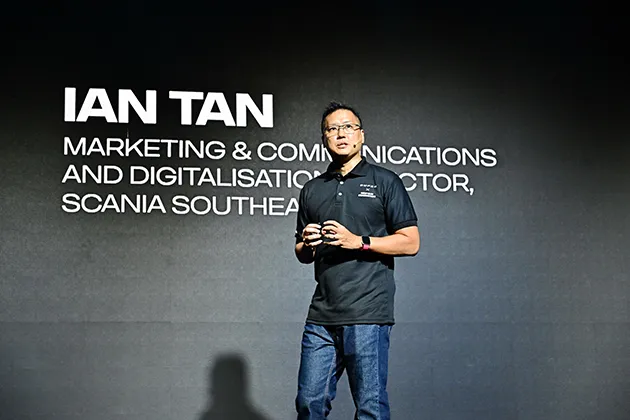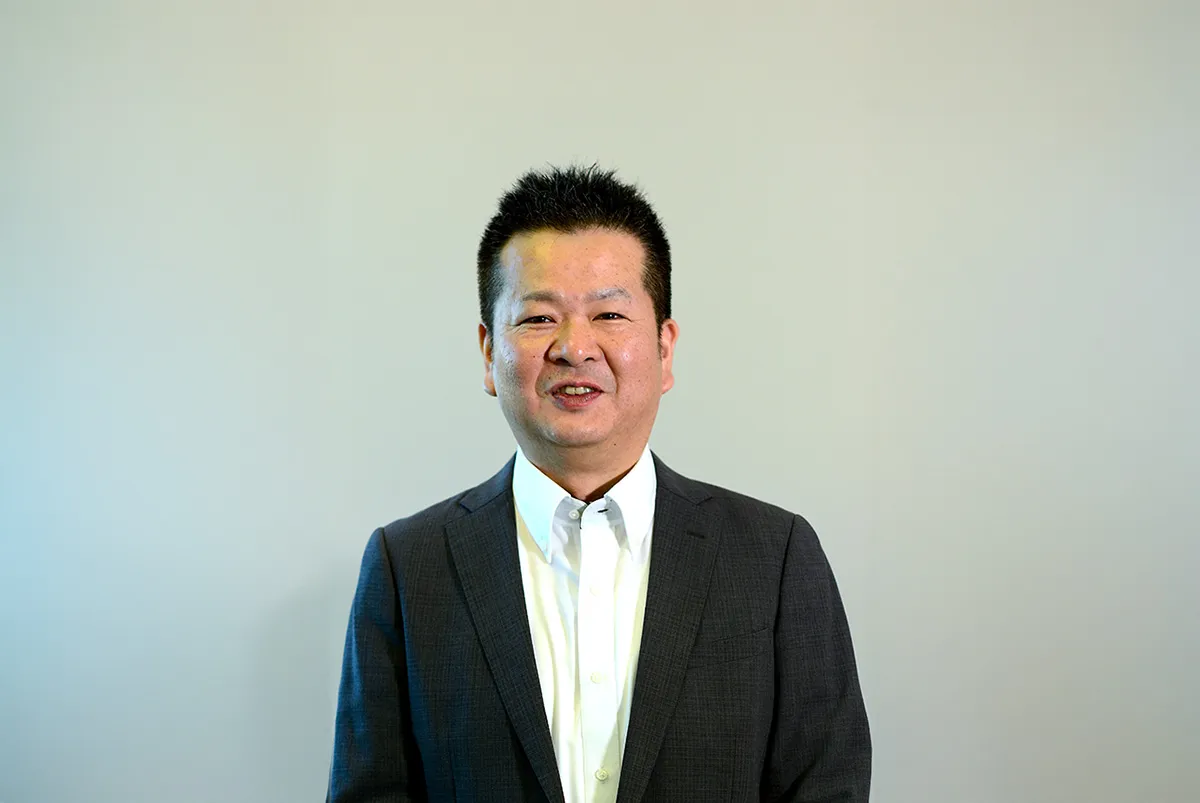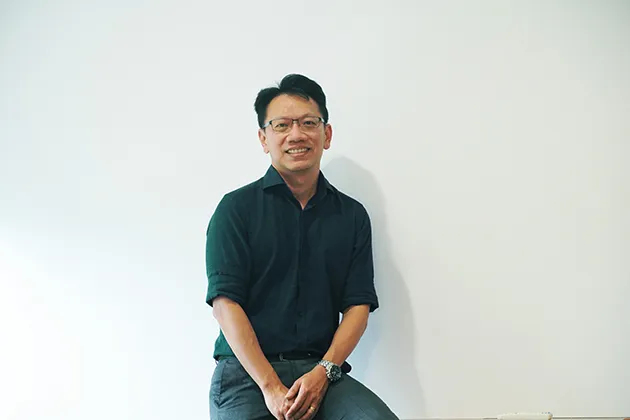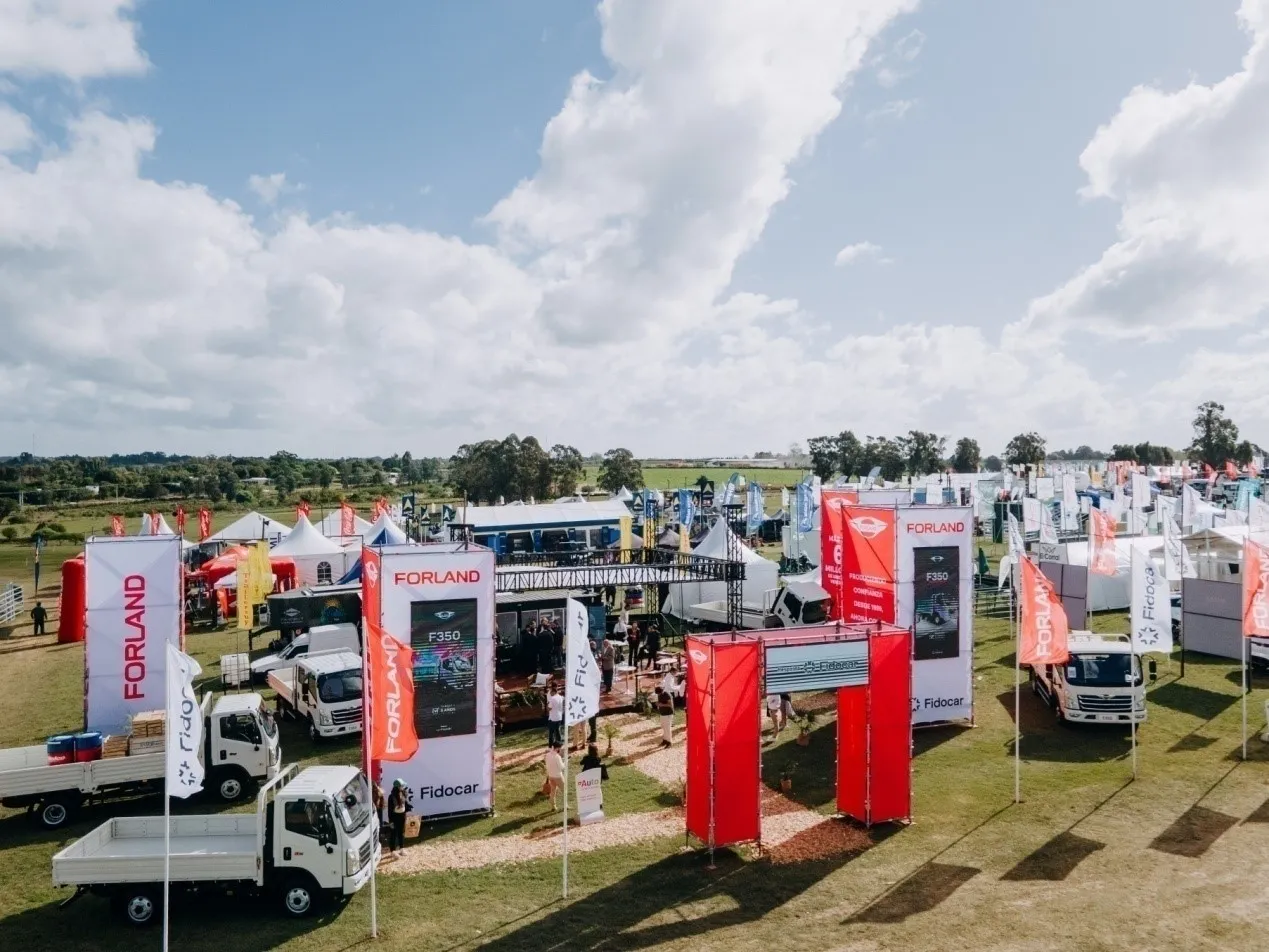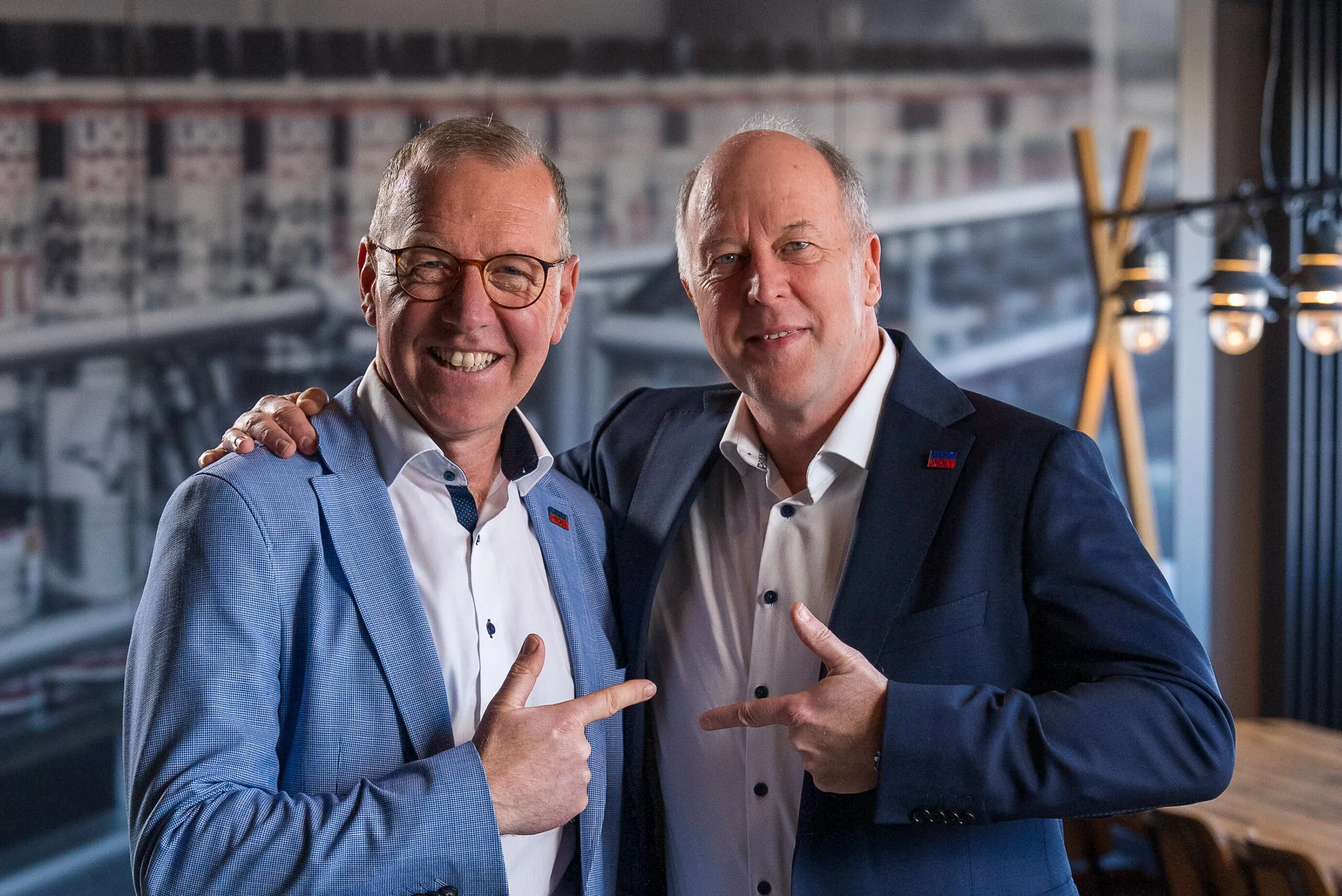Japanese vehicle manufacturer Isuzu achieved another record year in 2015, selling 6,387 Isuzu trucks in Malaysia compared to 6,321 the previous year. This, says Isuzu, equates to a market share of 36.2%, making the Japanese giant the top truck brand in Malaysia for the second successive year. We spoke to Isuzu’s CEO Kenji Matsuoka to try and discover the company’s key to success.
Isuzu Interview: Kenji Matsuoka
Truck & Bus News
Mr Matsuoka, considering the competitive nature of the market, achieving a share in excess of a third is indeed an impressive result. To what do you attribute your success?
Kenji Matsuoka
There are many reasons for this. Firstly, in 2014 we had a full model change for our light duty trucks. This range features the latest designs and is currently available in Japan. It comes with two engine types – a common rail engine for long haul applications and a mechanical type, which is good for local use. This enabled us to cover the whole market with products that generally suit our customers’ needs.
This is a key factor for Isuzu. We believe that customer satisfaction has been the key to our success. Without customer satisfaction, a good product still loses its value. As part of our efforts, we developed a sales engineering team who assist the dealers and our fleet sales team by offering consultation to our customers. In doing so, our customers are able to identify and select the ideal product they truly need. This way, they will get the best out of their vehicle and will gain the most out of their investment.
For instance, there are customers who may want a speed-limiter device in their trucks while there are those who let the drivers regulate their driving through monitoring of their fuel usage or how much is spent on maintenance. All these can be customized to suit individual requirements.
We also work very closely with our dealerships, helping them to grow. Our dealer network is getting stronger and now consists of 21 companies with 38 outlets. The dealer is the frontline of our interaction with our customers. We support our dealers very closely and they have responded.
Isuzu Doctor mobile 24 van
This year, we are aiming to achieve over 40% market share, but we accept this will be challenging with so many players in the field.
Truck & Bus News
How do you perceive the economic outlook for 2016, and where do you see the biggest opportunities in the market?
Kenji Matsuoka
We think the outlook for 2016 is not so easy to predict and we are not expecting market growth. We see that the economic index is not so good, but there is lots of space for us to improve. That said, Malaysia is a very stable market with high education levels. This year will be quite tough but in the future the market will grow. We don’t foresee a negative market scenario in the future.
To answer your second question, we see scope for growth in the medium-heavy sector, and we are looking to improve sales and aftersales in this area. To achieve this we need to improve customer satisfaction, and we need to do it every year. In the heavy duty segment you need more sales know-how. Therefore we need to enhance our aftersales service from the dealer.
Truck & Bus News
What new products can we expect from Isuzu?
Kenji Matsuoka
Our newest launch is the FVR medium duty truck with automatic transmission, which is aimed largely at the waste disposal market. The medium duty truck sector is around 1500 units, but around 40% of this consists of garbage trucks. We understand that the Malaysian Government is planning to elevate the garbage infrastructure in Malaysia, so we see big potential in preparing suitable models to meet the demand. The FVR is the only Japanese model for this market with a genuine factory-fitted automatic transmission. The vehicle is also very safe with low maintenance costs. For instance, there is no clutch wear for these stop-start drives. On slopes, the vehicle will not roll backwards due to clutch slippage or through driver error. The compactor itself doesn’t work unless the transmission is placed in the ‘Park’ position so it is the ideal vehicle for the industry.
Truck & Bus News
What are you doing with regards to issues such as safety, economy and the environment?
Kenji Matsuoka
We address these issues through Isuzu’s product development strategy known as SEE Technology, which stands for Safety, Economy, and Environment. This is a design pillar through which all our Isuzu vehicles are designed. All our trucks are compliant to the latest international UNECE Regulations, illustrating how serious we are about this.
We conduct regular seminars for our customers on the economy and the environment, and Isuzu was the first to conduct this kind of seminar in Japan. But the impetus for this is coming from the fleets, with 60% of customers joining our customer training programmes. Our sales team consists of two groups – the sales and sales engineering teams. The latter follows up with customers post-sale and conducts driver training with them, particularly when they switch to Isuzu from another brand.
As previously mentioned, we have also added the option to add speed limiters to our vehicles on an FOC basis. This is not mandatory yet, but many companies are concerned about safety and ask for them to be installed. Isuzu is the only brand that offers this to its customers. It assures less accidents and improved fuel consumption.
Truck & Bus News
And finally, what are the latest developments in your service network?
Kenji Matsuoka
As I mentioned, customer satisfaction is key to our business success. We are constantly improving our dealer and after-sales network in order to continuously raise the standard to meet the growing customer base.
Firstly, we are developing our parts availability nationwide. We now have a big parts depot in Johor Bahru and other parts depots in Kuching and Kota Kinabalu. We are also enhancing some dealers to service heavy duty trucks and encouraging them to keep more parts in stock.
Then there is the Isuzu Doctor Mobile service, which consists of trucks equipped with jacks, tools, compressor etc., which offers service on a one-hour call-out basis. The network currently consists of 15 vehicles in Peninsular Malaysia and 7 in Sabah and Sarawak. We are currently trying to enhance this service by adding more vehicles to the network in order to further reduce the down time.
Overall, I believe that we have taken a very simple approach to selling our vehicles but the entire business model has worked; give the customer a good product, help them to save money and stay beside them and grow with them so their needs are always well taken care of. That has been the formula for Isuzu’s Global success and now, here in Malaysia.

